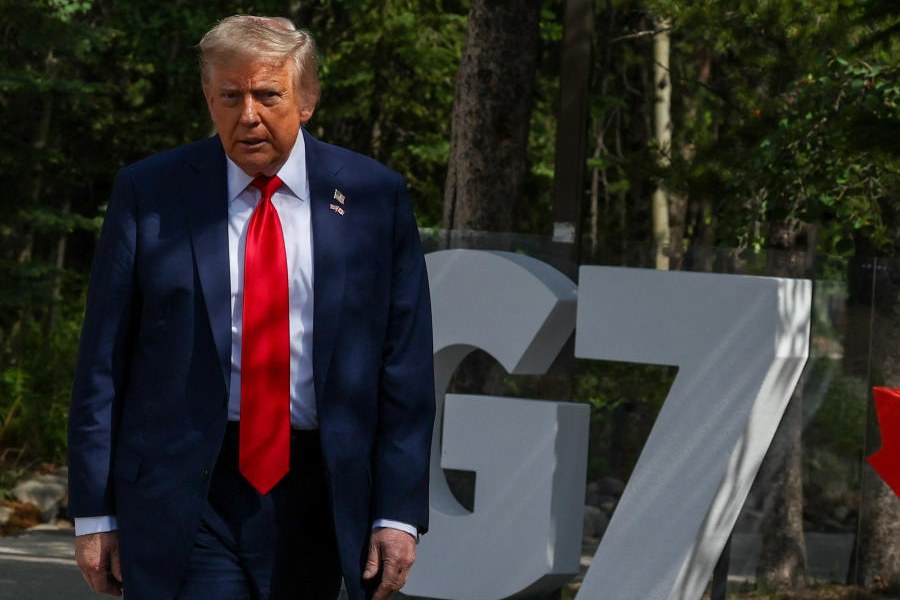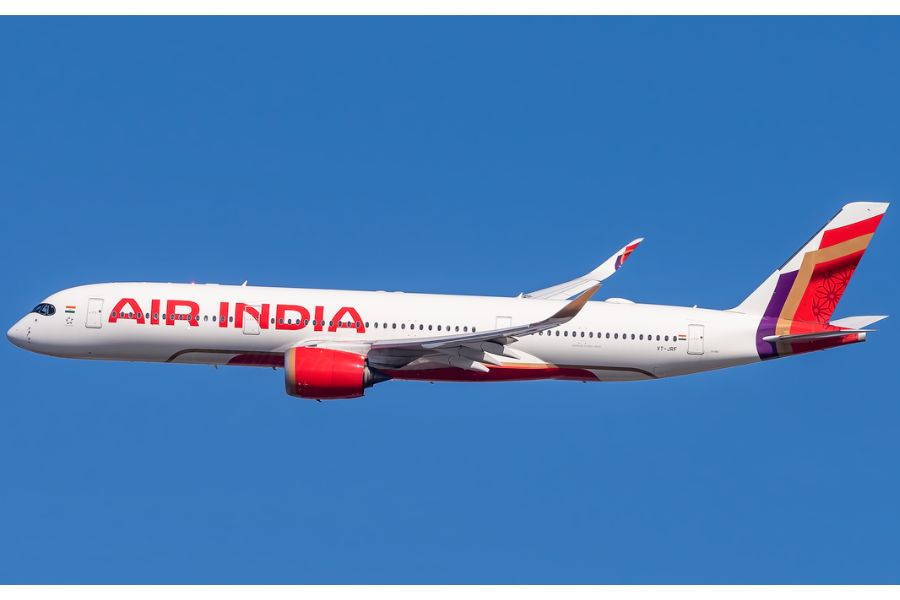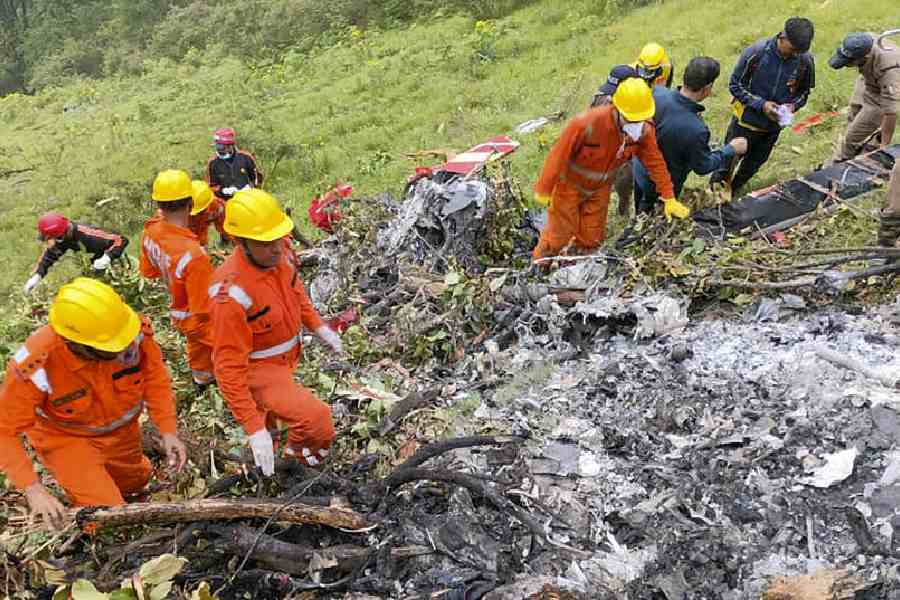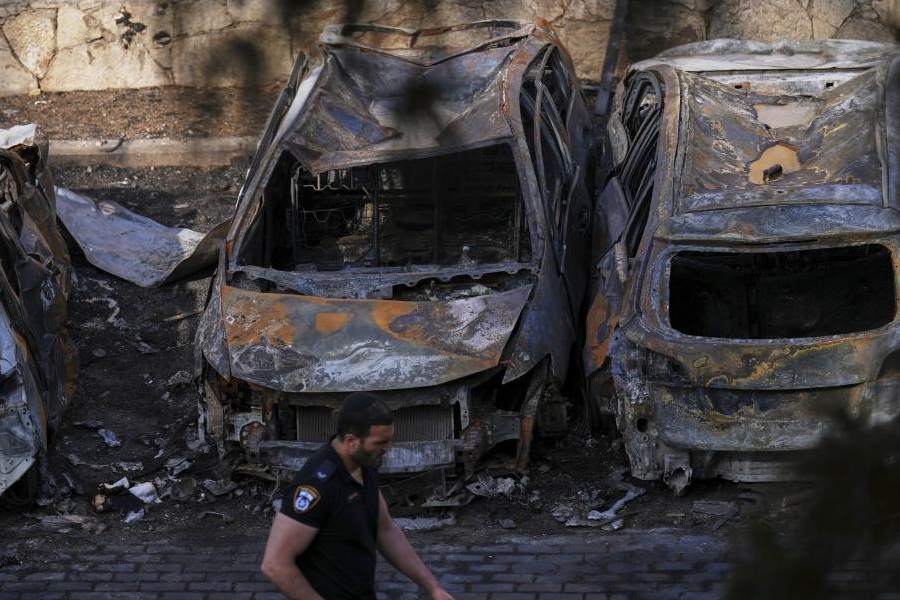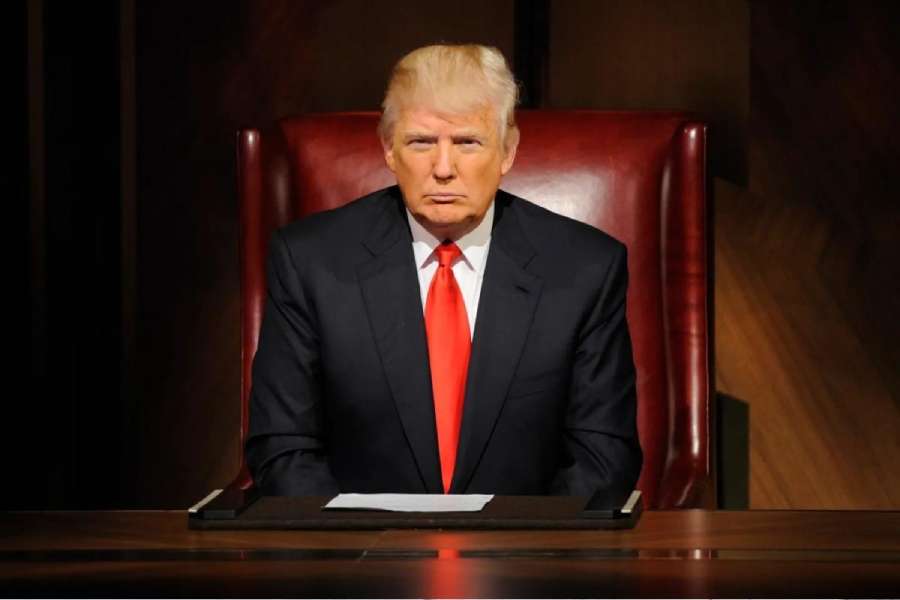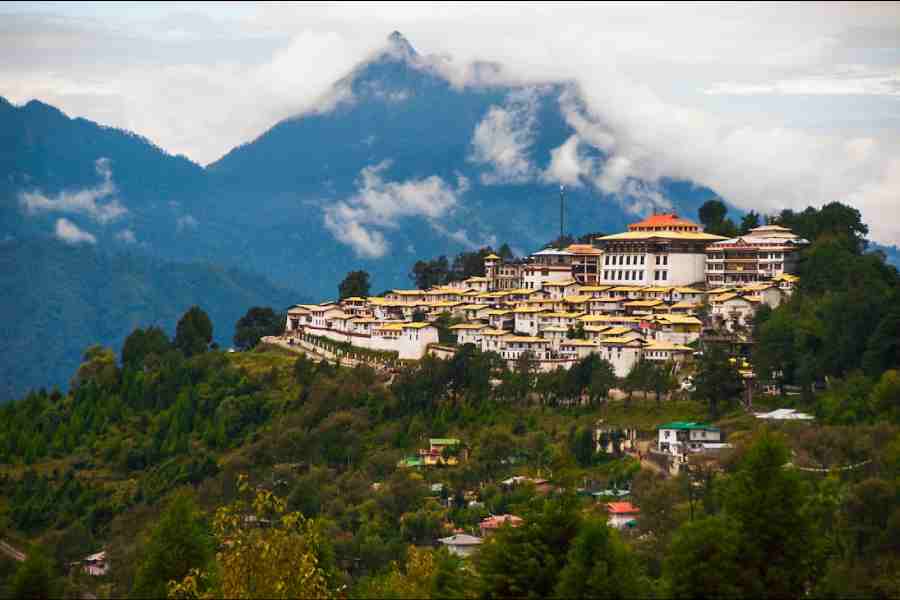 |
| A poster of Namak Haram at a cinema in Kabul where the first public film show was held after the fall of the Taliban. (Reuters) |
Kabul, Aug. 28 (Reuters): When freedom came to Kabul last year, there was a mad rush for Indian films. Bollywood bowed out in part today, so is freedom planning an encore?
Authorities in Kabul today banned Indian films from state television and women singing over radio, in a continuing struggle for influence between Islamists and moderates.
“A letter has been issued to officials to drop Indian movies as well as foreign TV series from TV and also women’s songs from the radio,” a television official said. Engineer Mohammad Ishaq, the head of Kabul TV and Radio, made the decision without any prior warning, the official added.
Ishaq is a senior member of the Northern Alliance, which dominates President Hamid Karzai’s government and helped the US oust the fundamentalist Taliban regime. Ishaq was not immediately available for comment.
After five years of Taliban rule, when strict Islamic Sharia law was imposed and public music and television banned, Afghans enjoyed new freedoms this year.
Fresh restrictions are a sensitive issue for Karzai and his information minister Sayed Raheen Makhdoom, who have generally followed a more liberal course.
Indian films, with their mix of melodrama, romance, songs and theatrical fighting, have become hugely popular, and restaurants throughout Afghanistan compete for customers by showing them.
Ironically, Indian films --- and images of women singing --- are regularly shown on state television in Kandahar, the deeply conservative former stronghold of the Taliban. Both also appear on television in the northern city of Mazar-i-Sharif.
But Kabul TV has remained under the influence of more conservative elements of the Northern Alliance, and images of women singing have not been allowed on television.
Ishaq’s predecessor, Abdul Hafiz Mansoor --- another Northern Alliance official --- was dismissed several weeks ago by Makhdoom.
Mansoor said he was criticised for airing too many statements of Northern Alliance’s slain leader, Ahmad Shah Masood, and for refusing to show women singing on television.
Mansoor’s removal prompted a protest by hundreds of his followers earlier this month, and officials at the information ministry called on Karzai to dismiss Makhdoom.
Protestors said Makhdoom was trying to impose Western values on Kabul radio and television.
Makhdoom, who returned from exile in the US last year, was appointed information minister by Karzai in June.


